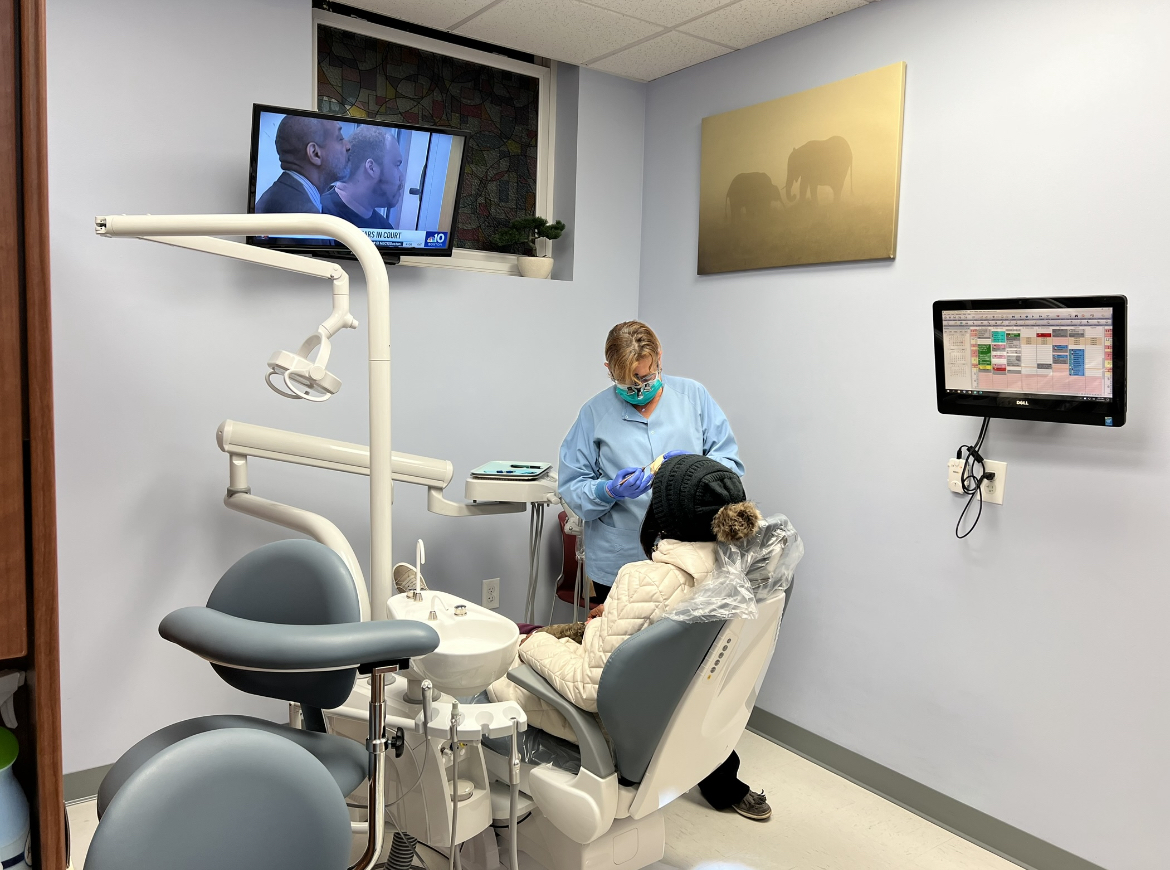
When is a tooth extraction necessary?
Tooth extraction is a dental procedure that involves removing a tooth from its socket in the jawbone. The process may be necessary for multiple reasons, such as severe decay or damage, overcrowding, infection, periodontal disease, or preparation for orthodontic treatment. If a tooth cannot be repaired with a crown or dental filling because of trauma caused by an accident or extensive decay, tooth extraction may be your only option. A tooth that is severely decayed or damaged can no longer remain in the mouth; prolonging its removal can risk the infection worsening, which may cause general health issues. Similarly, impacted wisdom teeth occur when there is a lack of room for the wisdom teeth to erupt, which causes them to grow sideways and damage other teeth. This can result in jaw pain, discomfort, overcrowding, tooth decay, and gum infection.
Are there any alternatives to tooth extraction?
When a tooth becomes infected, damaged, or decayed beyond repair, you must extract it. In some cases, alternatives to tooth extraction may be available, such as root canal therapy or other dental procedures. Your dentist will discuss your options with you based on your specific situation.
How is a tooth extraction performed?
The procedure for tooth extraction involves numbing the area with a local anesthetic, making an incision in the gum tissue, and removing the tooth from the socket using specialized dental tools. Sometimes, the tooth may need to be broken into smaller pieces before extraction. Then the dentist will clean the socket thoroughly to remove any debris or bacteria.
Will I feel any pain during the procedure?
No, you should not feel any pain during the procedure, as the area will be numbed with a local anesthetic. This will make the procedure comfortable and pain-free. However, you may feel pressure or discomfort during the process. You can discuss options for sedation or anesthesia if you are anxious or worried about feeling any pain during the procedure with your dentist to help you feel more relaxed and comfortable.
What can I do to prepare for the procedure?
You should follow your dentist’s instructions regarding eating and drinking before the procedure. You may need to avoid eating or drinking for several hours before the procedure, depending on the type of anesthesia you will receive.
What can I expect after the extraction?
After the extraction, you may experience swelling, bleeding, and discomfort in the area. To ensure a successful recovery, it’s essential to avoid smoking and drinking through a straw for the first 24-48 hours after the procedure. This is because sucking can dislodge the blood clot and delay healing. Additionally, it’s crucial to maintain good oral hygiene by gently brushing your teeth and tongue and rinsing your mouth with salt water. This will help keep the extraction site clean and promote healing.
How long does it take to recover from a tooth extraction?
The recovery time can vary depending on the complexity of the extraction and your healing process. Most people can return to normal activities within a few days to a week after the procedure. You must contact your dentist immediately if you experience severe pain or bleeding. Following all postoperative instructions can ensure a smooth and speedy recovery and avoid dry sockets.
When can I eat solid food again after a tooth extraction?
You should avoid solid foods for the first few days after the procedure and stick to soft, easy-to-chew foods. Avoid also hot, spicy foods that can irritate the extraction site. Your dentist will provide you with specific instructions based on your individual needs.
How do I care for the extraction site to promote healing?
You should follow your dentist’s instructions for caring for the extraction site, such as gently rinsing your mouth with warm salt water and avoiding smoking or using straws. It’s essential to maintain good oral hygiene.
What are the potential risks and complications associated with tooth removal?
Tooth removal is generally a safe and routine procedure, but as with any surgical procedure, there are potential risks and complications. Some include bleeding, infection, nerve damage, and dry socket (a condition where the blood clot that forms after the extraction is dislodged).
If you need a tooth extraction, please call Aleris Salem Dental Center at (855) 745-0055 or contact us online. Schedule your consultation with the best dentists in Salem, MA!

